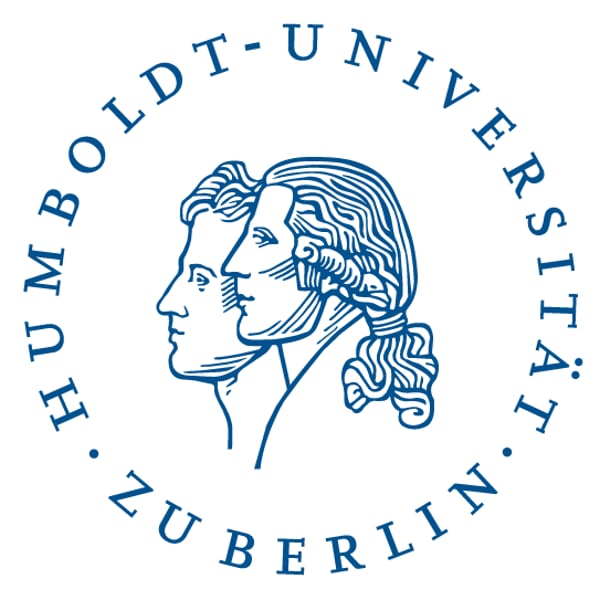
Carolyn Birdsall und Viktoria Tkaczyk (Hg.)
“Listening to the Archive: Sound Data in the Humanities and Sciences,” a Special Issue of Special Issue of Technology and Culture (2019), shows how new technologies for recording and archiving sounds impacted on scientific research and academic infrastructures from the late nineteenth century on. We argue that sound archives operated as “time machines” in multiple ways. The technology of sound recording made it possible to extricate research objects from their temporal trajectory. In some cases, sound data were intended for immediate replay in real time, accelerated or slowed down. In others, recordings were stockpiled for imagined future research, or the holdings gave rise to research that was anachronistic—subject to the particular institution’s own archival time. Each of the Special Issue’s seven papers deals with a specific archival case and demonstrates that, as research technologies, sound archives fostered the formation of new research fields in both the sciences and the humanities, whether experimental phonetics, tone psychology, psychophysics and language pedagogy, radio studies, audio forensics and computational linguistics, linguistic anthropology, or bioacoustics. Find archival materials related to each paper here.
published by Johns Hopkins University Press
